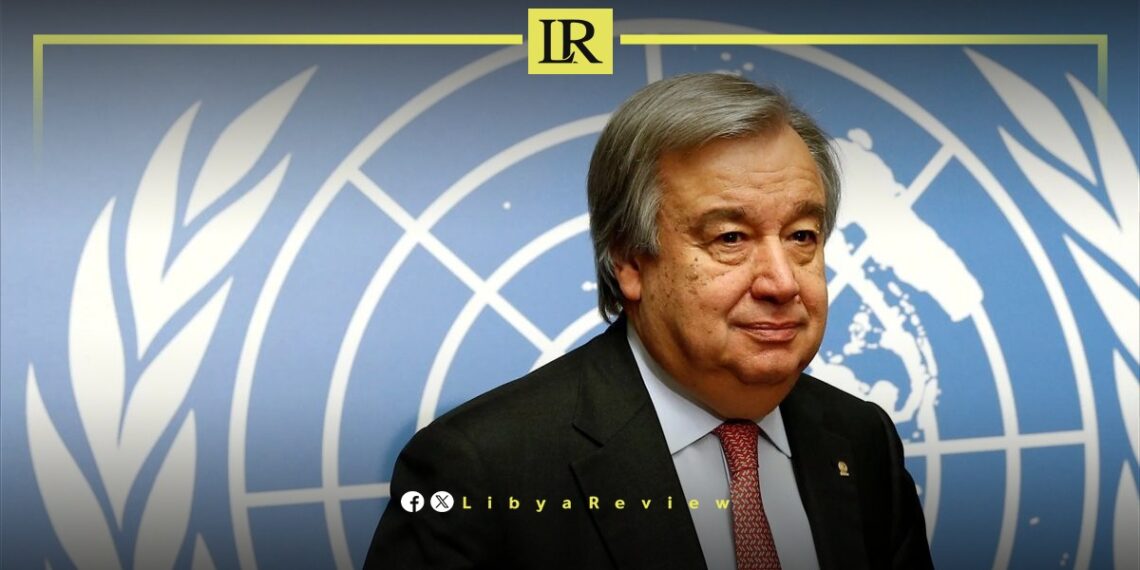On Thursday, the United Nations Secretary-General António Guterres issued an urgent appeal to Libyan leaders, calling on them to demonstrate the political will necessary to conduct inclusive, transparent, and credible national elections as soon as possible.
He emphasized the importance of Libyan leaders participating in good faith and with a spirit of compromise to ensure the country’s political process’s success.
In his latest report on the situation in Libya, Guterres expressed deep concern over the ongoing sporadic clashes between armed groups. He urged all security entities to actively engage in efforts to unify the country’s security institutions.
The Secretary-General condemned the widespread violations committed by security forces in both western and eastern Libya. He expressed alarm at the repeated reports of extrajudicial killings, enforced disappearances, and arbitrary detentions, which have created an atmosphere of fear and undermined freedom of expression.
Guterres highlighted that comprehensive national reconciliation with the participation of all is essential for lasting peace and stability across Libya. He voiced concern over the lack of a coordinated approach among all Libyan authorities for effective reconstruction in affected areas.
In this context, Guterres urged all Libyan leaders to establish a coordinated national platform for reconstruction efforts in flood-affected areas to ensure the fair and transparent distribution of allocated funds.
In his report, Guterres underscored the necessity of ending security violations and moving towards free and fair national elections as the first step towards achieving the desired stability and peace in Libya.
Libya has been in turmoil since the 2011 NATO-backed uprising that ousted longtime leader Muammar Gaddafi. The country has since been split between rival administrations in the east and west, each supported by various militias and foreign governments. Efforts to stabilize Libya have been hindered by infighting, corruption, and external influences.
The United Nations has been working towards fostering a political solution to the conflict. The Libyan Political Dialogue Forum (LPDF), facilitated by the UN, was established to set a roadmap for elections. However, disagreements over electoral laws and the distribution of power have stalled progress.
The security situation remains precarious, with various armed groups vying for control. Human rights organizations have documented numerous violations, including unlawful killings, kidnappings, and arbitrary detentions by both state and non-state actors.


